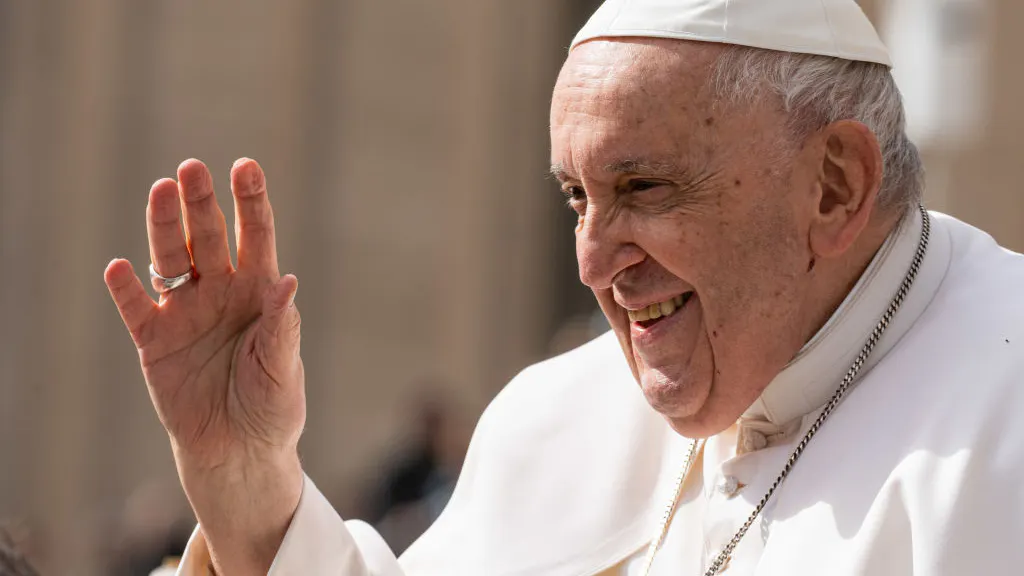Pope Francis criticized radical gender ideology in a recent interview, referring to it as “one of the most dangerous ideological colonizations” in the current public discourse.
Francis spoke on that topic and others with journalist Elisabetta Piqué for an interview published March 10 in the Argentine daily newspaper La Nación — and he explained that gender ideology was dangerous because it blurred the lines between male and female, diminishing the inherent value held by each.
“Gender ideology, today, is one of the most dangerous ideological colonizations,” Francis said. “Why is it dangerous? Because it blurs differences and the value of men and women. All humanity is the tension of differences. It is to grow through the tension of differences. The question of gender is diluting the differences and making the world the same, all dull, all alike, and that is contrary to the human vocation.”
The Pope explained that while he was not planning to write anything extensive on the topic of gender, he did find it necessary to address the issue from time to time, largely “because some people are a bit naive and believe that it is the way to progress.”
He went on to say that he believed it was important to draw a distinction “between what pastoral care is for people who have a different sexual orientation and what gender ideology is … they are two different things.”
The problem, he said, was that advocates of gender ideology were blurring the lines between the sexes — a move that he worried was a step down the road to erasing humanity.
They “do not distinguish what is respect for sexual diversity or diverse sexual preferences from what is already an anthropology of gender, which is extremely dangerous because it eliminates differences, and that erases humanity, the richness of humanity, both personal, cultural, and social, the diversities and the tensions between differences,” he said.
Pope Francis compared the current climate to the world presented in a 1907 book by Monsignor Robert Hugh Benson titled “Lord of the World” — a world that portrayed “a future in which differences are disappearing and everything is the same, everything is uniform, a single leader of the whole world.”

.png)
.png)

